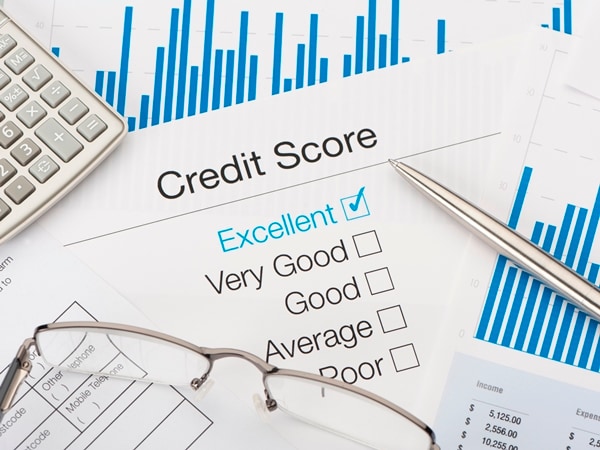
If you’re planning to finance a car, there’s one number you can’t be without. You guessed it. It’s your credit score, and it allows lenders to gauge your level of financing risk.
The most common credit scoring method used by major lenders is the FICO score, which assigns borrowers a score of between 300 and 850. The higher the score, the better the financing terms. If your score isn’t up to par, it’s not the end of the world. Here are five top tips on how you can improve it.
Check Your Score
Some of the best credit advice comes with the score itself. When you check your FICO score through a credit bureau, such as Experian, you’ll receive a list of specific factors that have influenced the score, for example “no missed payments” or perhaps “short credit history.” These tips can be invaluable for understanding how to improve your credit situation.
Checking your score periodically can also tip you off to harmful reporting errors, and even fraud.
Establish a Good Payment History
It’s no secret. Getting a great score means paying your bills on time, every time. Delinquent payments and collection accounts have a significant negative impact on score, and these can linger on your report for up to seven years. Here’s the good news. As you continue to pay on time, older credit blemishes will affect your score less and less.
Need help? Sign up for payment reminders, if available.
Manage Credit Cards and Pay Off Debt
Using credit cards can fast-track credit score recovery, but only if you manage them responsibly. It’s best to keep card balances low and pay them off in full each month, rather than carry them over. Cardholders should also aim for a “credit utilization rate” of 30 percent or below. This means you use 30 percent or less of the credit that’s offered to you. To find this rate, divide your total balances by total credit card limits.
For this reason, closing an unused card that’s in good standing can actually hurt your score, because it reduces your credit limits without changing the amount owed.
Don’t Take On Unnecessary Credit
Credit scoring evaluates your “credit mix,” which includes accounts like credit cards, auto loans, and mortgages. Using different types of credit can improve your score, but that doesn’t mean you should open unneeded accounts just to broaden this mix. A flurry of credit applications give lenders the wrong idea and adding multiple new accounts lowers your average account age—another important scoring factor.
Instead, think quality over quantity. Manage what you have, and scoring will reward you for older, responsibly paid accounts.
Correct Errors
Mistakes happen. If you find an error on your credit report, such as an account that isn’t yours or an inaccurate missed payment, you can dispute the error with the information provider and respective credit bureau. The dispute process takes time, but when resolved it can yield a significant change in your score.







